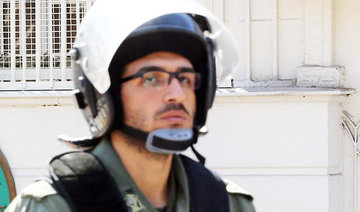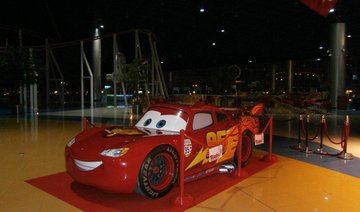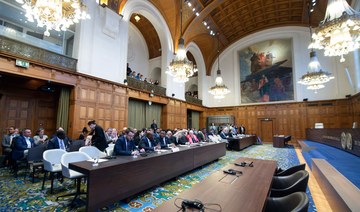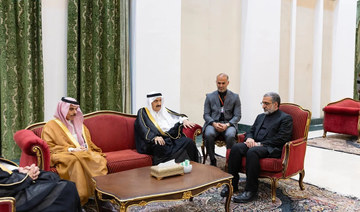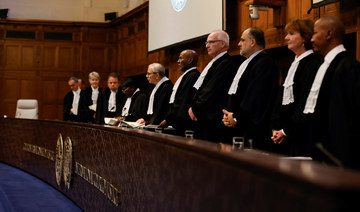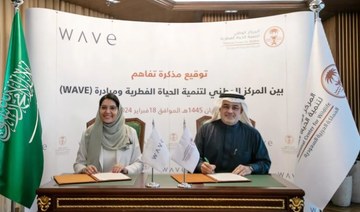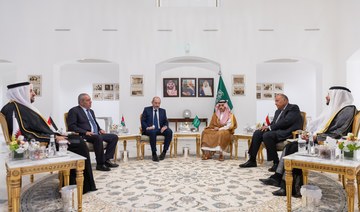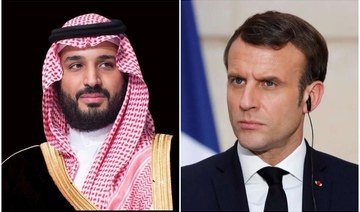LONDON: Saudi visitors to London are turning to fitness camps to give their kids a vacation workout.
The west London-based summer camp Fit for Sport has seen record numbers of visiting Arab children signing up for nine weeks of activities, the firm’s owner Dean Horridge told Arab News.
He said 70 percent of the camp’s pupils are Arabs, hailing from countries such as Saudi Arabia and the UAE.
With the camp’s upmarket South Kensington site just a stone’s throw from Hyde Park, 110 children are coached in daily activities such as swimming and rock climbing, from July to September, at a cost of around £240 ($309) per week.
“We work a lot with the local Arab embassies. The children come to London in the summer months as the Gulf region is too hot,” said Horridge, who runs summer camps across the country and works with 250 UK schools to provide after-class activities and PE curriculum support.
“Our camps are a great chance to showcase how it feels to be active and, more importantly, how much better the children feel after activity,” he added.
“Initially there’s a reluctance for children to get involved in the sports activities we provide, but very quickly they realize this is fun. The difficulty is trying to convey that back to the parent.”
Horridge said he welcomes the UAE’s recent move to raise the price of soft drinks and energy drinks by up to 100 percent.
“Some of the children come with lunchboxes that are full of junk and don’t have the right food. Some of them have nannies that bring the food at lunchtime. No 7-year-old needs a bucket of rice for lunch, but they’ll eat it just because it’s part of life and the norm,” he said.
“We encourage some healthy snacks like apples, which help children to lose weight. The kids start off very unfit, so we have to embed a program that builds up their confidence and makes them gradually fitter. We have to be careful as we don’t want to damage their self-esteem.”
Dr. Nada Farsi, a Saudi dentist based in London for the summer months, has enrolled her children Maya (10) and Zahair (5) in the South Kensington summer camp.
“They love it very much. They’re happy doing different activities, such as lots of walking to museums and parks,” she told Arab News.
“It’s the nature of the city, and they always get excited by looking at how many steps they’ve done.”
Farsi said she leads an active lifestyle and goes to an adult boot camp three times a week. “Physical health is so important, and I want to pass that on to my children,” she added.
“I also send the children to basketball and soccer classes in Jeddah for four hours a week. In the beginning they found it hard, but now they enjoy it as they’re used to it.”
She said levels of obesity in Jeddah concern her. “I see many obese kids. They shouldn’t be that obese, and I wonder how they’ll fare into adulthood.”
Farsi urged more government initiatives to encourage physical activity among the population. “PE lessons for girls have just been implemented, but we need more. We need more sidewalks and cycle lanes,” she said.
“We want to walk but we can’t. I miss this in Saudi Arabia. We need more parks and green places.”
Sin taxes, such as those introduced in Saudi Arabia and the UAE on sugary drinks, could help quell the region’s child obesity epidemic and encourage more active lifestyles, said Sonia Saxena, professor of primary care and head of the child health unit at the School of Public Health, Imperial College, London.
“The UK government has introduced similar measures but they don’t go far enough,” Saxena said. “This move from the UAE is bold and very welcome.”
She added that raising the price of soft drinks has already been proven to reduce obesity in countries such as Mexico. “All the evidence shows this is a good move,” she said.
The researcher, who is a visiting coach for the Dubai government on child obesity issues, added that soft drinks have “considerable sugar,” which can contribute to obesity in children and adults.
“Children and adults also need to eat five fruit and vegetables a day, decrease their sedentary activity and screen time, and increase exercise activity,” Saxena said.
“Most importantly, there needs to be a regional change in the culture. There has to be a culture that permits and promotes children to be active.”
Horridge said regional governments should take a 360-degree approach. “It’s a partnership between schools and parents to get kids active. If you don’t get kids active and eating healthily from an early age, children become overweight, disengaged and very lazy,” he said.
“Unfortunately, if that’s embedded at a young age it lasts a lifetime. This is very important to prevent issues such as diabetes, obesity and heart disease.”
Saudi kids flock to London fitness camps amid regional obesity epidemic
Saudi kids flock to London fitness camps amid regional obesity epidemic
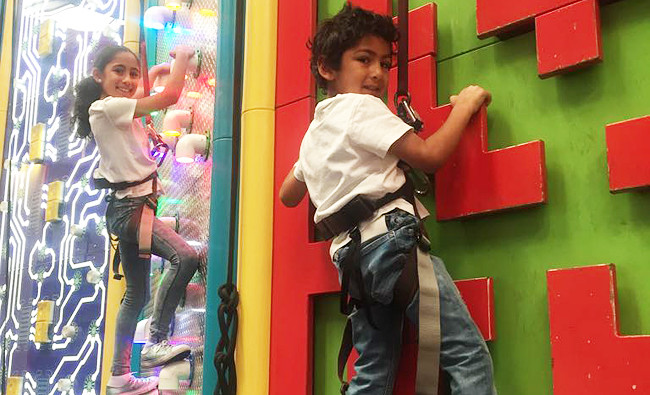
A journey through time: Tahlel Museum’s tribute to Asir’s culture
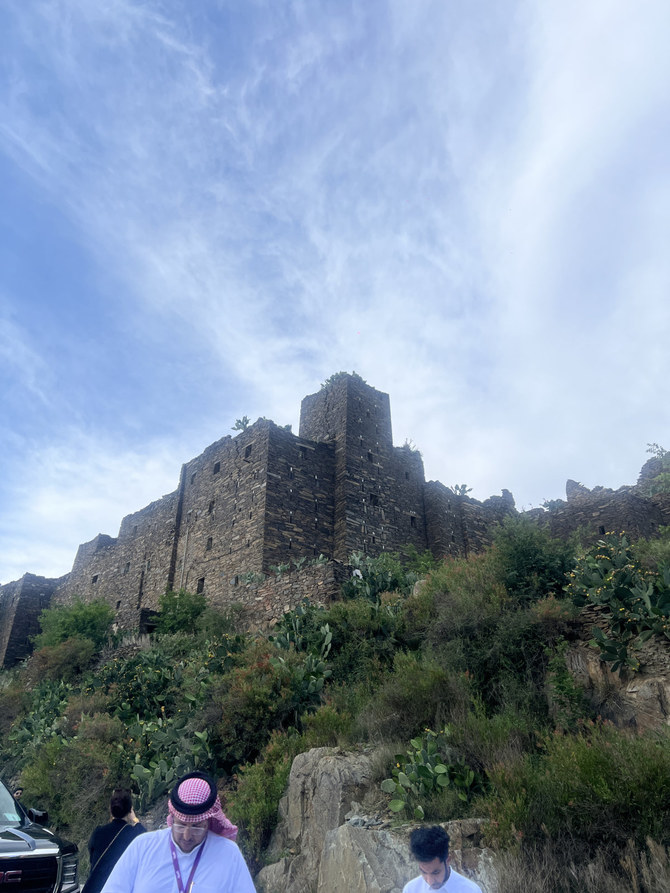
- The museum is home to many heritage pieces, including coins, traditional costumes, wood art, and agricultural tools
- It also includes the owner's artistic works of Al-Qatt Al-Asiri, geometric shapes, and tribal symbols painted in vibrant colors
ASIR: Perched atop the Souda Mountains in the Abha region of Asir province in southern Saudi Arabia is a modest museum created by an Asiri woman called Halima Asiri.
Passionate about old Saudi heritage, Asiri established the Tahlel Museum in a small traditional house.
It includes many heritage pieces, including coins, traditional costumes, wood art, and agricultural tools. It also includes her artistic works of Al-Qatt Al-Asiri, geometric shapes, and tribal symbols painted in vibrant colors.
“This is my small museum, where I exhibit the work of Al-Qatt Al-Asiri, a kind of natural color painting that have been certified by UNESCO as part of the list of the Intangible Cultural Heritage of Humanity. Each pattern has a name and a symbolic meaning. Men do not practice this art, thus women are the only ones who specialize in it,” Asiri told Arab News.
Asiri is one of the few women who still uses natural materials to create the art of Al-Qatt Al-Asiri. These colors are extracted from coal, rice, turmeric, pomegranate peel, stones and other sources.
“I take 24 colors from nature, such as clover, coal, stone, and leaves, grind them into a paste, and use that paste to paint canvases and walls,” she said.
Ancient coffee and teapots, clay cups, copper household utensils, and other artifacts are on display in one of the rooms.
“The handcrafted items found here date back to 400-500 years, and the people of the Asir region used them all,” Asiri said.
She incorporated a model of the old town in which she formerly resided in the museum. The town has since fallen into ruin.
“The old roads were difficult, and women had to carry wood, walk, and climb mountains to get to their homes. The model that I constructed depicts the hardship and strength of women in Asir,” she explained.
The museum also features the traditional attire worn by women in the Asir region.
“I have items of clothing that Asir women wear on their wedding night. I also have regular clothes, like straw hats,” she added.
Asiri started collecting antiques that date back centuries when she was young, and she made sure to collect antiques and present them in her museum in a unique way.
There are numerous kinds of swords, weapons, and clothing that the locals used in battle displayed on the walls.
The location also features a workshop where guests can learn how to paint Al-Qatt Al-Asiri works, in addition to selling her artwork on commission.
“I teach Al-Qatt Al-Asiri art as a trainer. I frequently get big groups of people, and not so long ago, I trained a group of foreign women,” she said.
The museum is also linked to a cafe where she serves traditional Asiri dishes like areekah using natural honey.
“Many foreigners have visited, including ambassadors and ministers,” she said.
Asiri greets visitors when entering the museum with a famous Asiri phrase, “a thousand welcomes.”
Owing to its natural beauty and rich cultural heritage, the Asir region is highly sought-after by those seeking to explore unspoiled landscapes, wander through charming villages, and explore historic castles.
Saudi crown prince speaks to acting Iranian president in light of tragedy
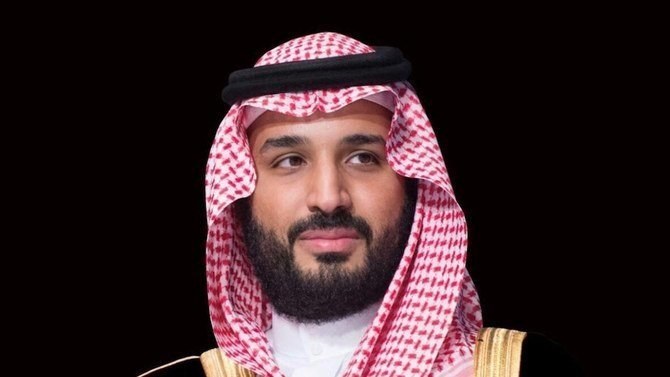
- President Ebrahim Raisi and others were killed in helicopter crash
RIYADH: Saudi Arabia’s Crown Prince Mohammed bin Salman made a telephone call on Friday to Mohammad Mokhber, the acting Iranian president, the Saudi Press Agency reported.
The crown prince sent his condolences following the deaths of President Ebrahim Raisi, Foreign Minister Hossein Amir-Abdollahian, and others in a helicopter crash earlier this week.
Mokhber expressed his thanks to the crown prince for his kind sentiments.
The two sides also spoke of achievements in bilateral relations between the countries, stressing the importance of continuing to enhance cooperation.
The Iranian president, foreign minister and six others were killed on Sunday when the helicopter in which they were traveling crashed in dense fog in mountainous terrain near Iran’s border with Azerbaijan.
Saudi Arabia welcomes World Court ruling on Gaza
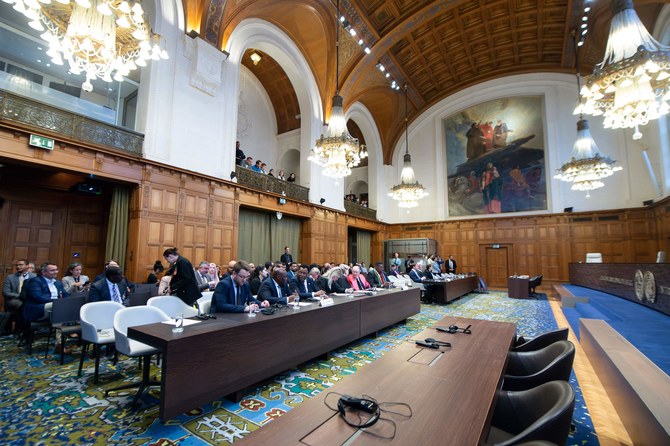
- Kingdom said it appreciated the ICJ decision, which it called a positive step towards the moral and legal right of the Palestinian people
RIYADH: The Saudi Ministry of Foreign Affairs has expressed the Kingdom’s welcoming of a decision made Friday by the International Court of Justice (ICJ) ordering Israel to immediately stop military attacks or any other offensive actions in Rafah, Saudi Press Agency reported.
The Kingdom said it appreciated the ICJ decision, which it called a positive step towards the moral and legal right of the Palestinian people.
It stressed the importance that international resolutions should involve all Palestinian areas in accordance with the relevant resolutions of international legitimacy.
Saudi Arabia also reiterated its call to the international community to shoulder its responsibilities to stop all forms of aggression against the Palestinian people.
Hatching of red-necked ostrich chicks highlights success of Saudi royal reserve’s breeding program
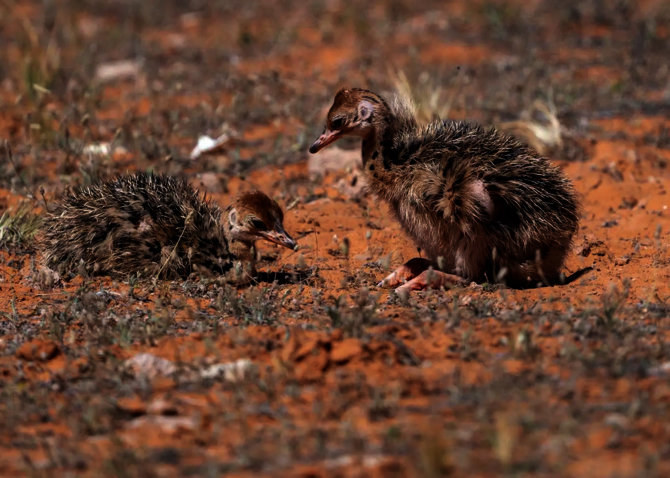
- The Imam Turki Royal Nature Reserve launched its ostrich conservation scheme in 2021 to rescue this critically engaged species
- Saudi Arabia’s second largest royal reserve is dedicated to providing secure habitats to allow the Kingdom’s wildlife to thrive
RIYADH: In a significant boost for biodiversity in the Kingdom, the Imam Turki Bin Abdullah Royal Nature Reserve Development Authority recently announced the hatching of three endangered red-necked ostrich chicks — a species that had been considered extinct in Saudi Arabia.
At the end of 2021, the royal reserve launched a scheme to reintroduce ostriches to the wild, creating a habitat for a male and a female. The ostriches soon adapted to the reserve and laid their first clutch of 12 eggs in the spring of 2024, three of which hatched naturally.
The royal reserve is dedicated to providing a suitable environment for endangered species to help increase their numbers, restore biodiversity, and provide a safe haven for animals like reem gazelle, Arabian oryx, red-necked ostrich, and others to flourish in the wild.
“The red-necked ostrich, also known as the North African ostrich (Struthio camelus camelus), is currently classified as critically endangered,” Abdulmajeed Aldhaban, executive vice president of operations at the Imam Turki bin Abdullah Royal Natural Reserve Development Authority, told Arab News.“This subspecies faces significant threats due to habitat loss, hunting, and egg collection, which have led to a dramatic decline in its population over the past 100 years.”
The red-necked ostrich is not the only bird species the reserve has sought to revitalize through breeding programs, captive breeding techniques, and habitat restoration to bolster its population. The houbara bustard has been another success story.
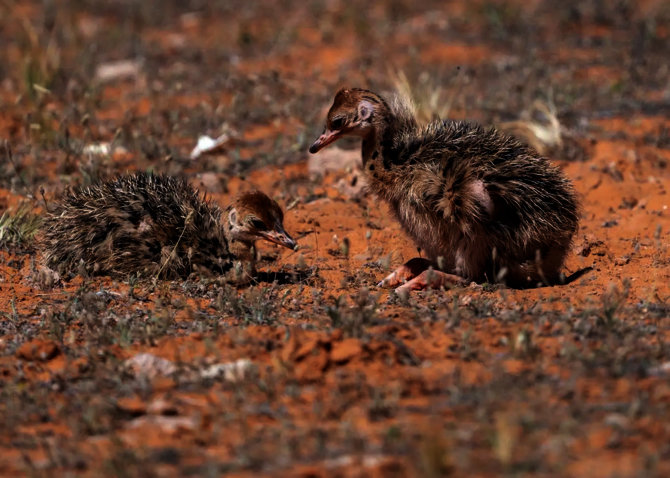
“In March, the Imam Turki Bin Abdullah Royal Nature Reserve Development Authority started construction of a state-of-the-art aviculture center on the reserve,” said Aldhaban.
“This was part of the authority’s comprehensive plan to conserve wildlife in general and, specifically, protect the endangered houbara bustard in its natural habitat.”
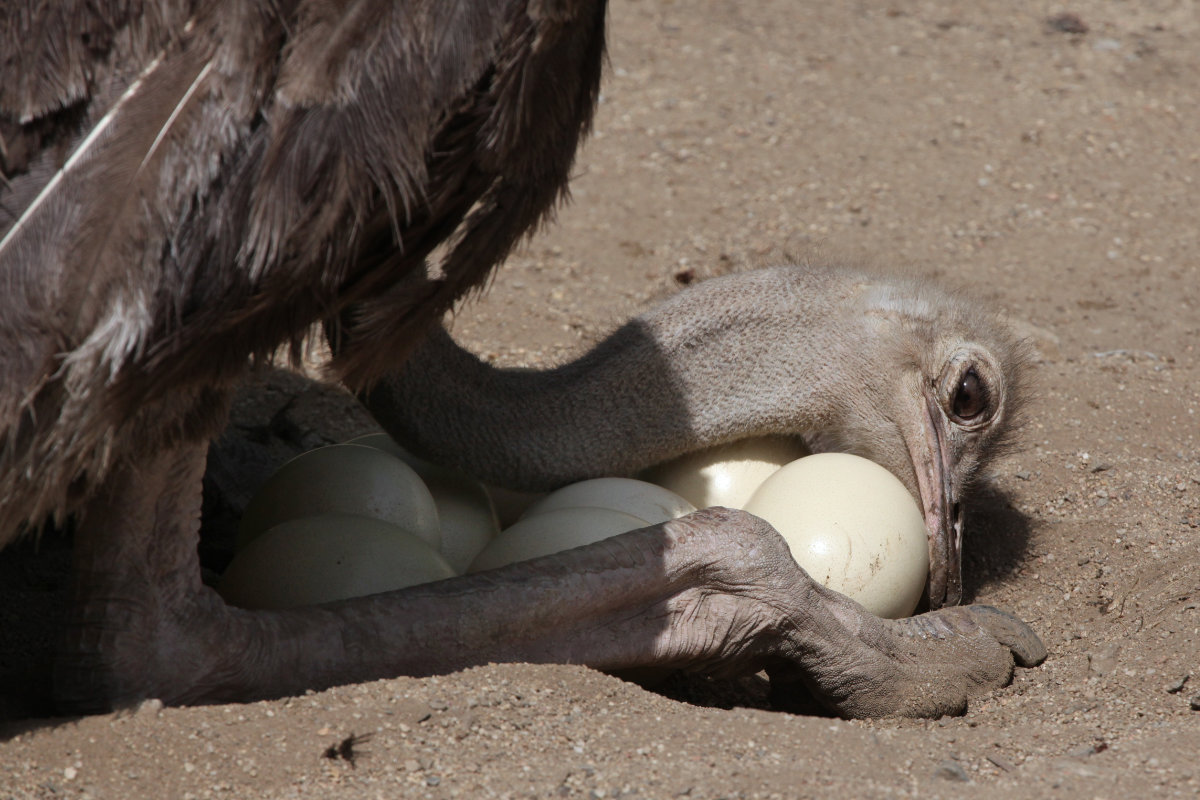
He added: “The center comprises 22 facilities, including administrative buildings, breeding facilities, clinics, and laboratories, spanning an area of 4 sq. km. The first phase of breeding is set to commence by the end of 2024.”
Saudi Arabia’s rich biodiversity has long been overlooked by environmentalists. Despite its arid climate and vast desert landscape, the Kingdom is home to a wealth of distinctive species, occupying its dunes, mountains, valleys and coastlines.
Local conservationists believe they have an obligation to protect these terrestrial and marine habitats and maintain the ecological balance for the benefit of the Kingdom’s wildlife and for generations to come.
Opinion
This section contains relevant reference points, placed in (Opinion field)
Officials have therefore outlined a set of biodiversity conservation goals under various initiatives like Vision 2030 and the Saudi Green Initiative designed to work in partnership with civil society groups and the private sector.
One focus is the design of protected areas.
During an interview with Arab News at the Hima forum in Riyadh last April, Mohammed Qurban, the CEO of the National Center for Wildlife in Saudi Arabia, outlined the Kingdom’s aim to protect 30 percent of the Kingdom’s terrestrial and marine areas by 2030.
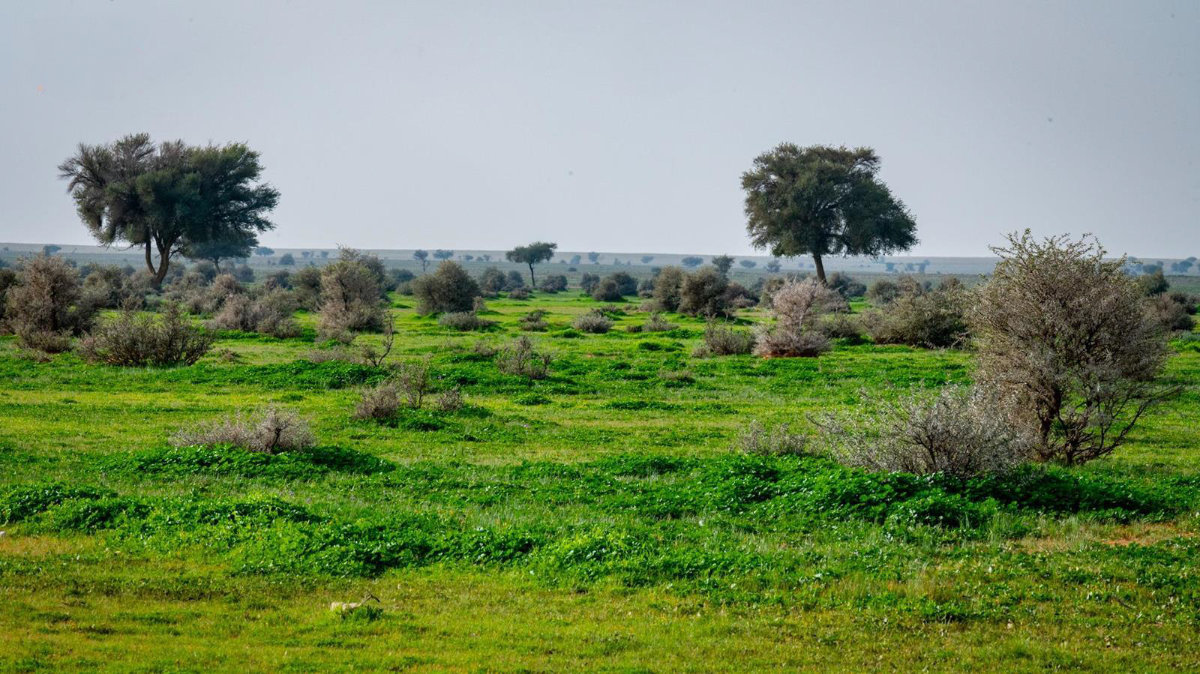
This goal includes the creation of wildlife sanctuaries and restoration programs to restore natural habitats and protect endangered animal species such as the Arabian oryx, red-necked ostrich, gazelle, and Arabian leopard.
The Imam Turki bin Abdullah Royal Natural Reserve, where the red-necked ostriches hatched last month, covers an area of more than 91,500 sq. km, making it the second-largest royal protected area in the Kingdom, home to 138 species of animal and 179 species of plant.
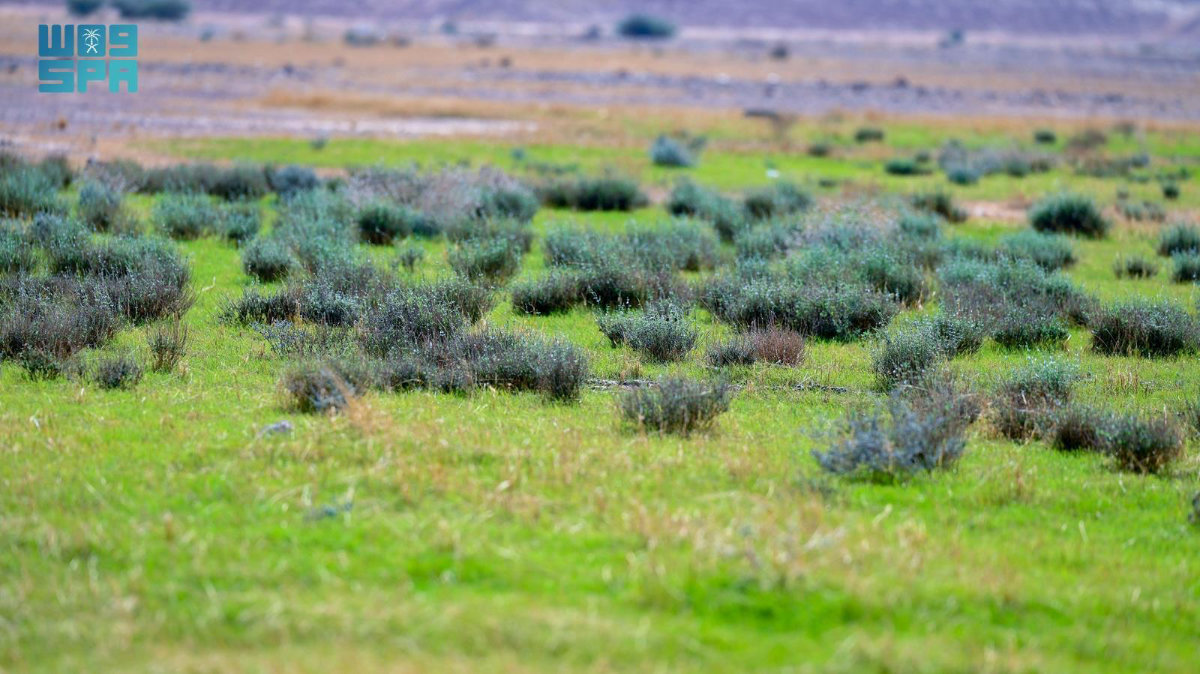
Situated in the country’s northeast, close to the border with Iraq, the reserve is a popular destination for tourists interested in hiking and bird watching.
In 2018, the royal reserve declared three key objectives, including the conservation of biodiversity, the development of the reserve as a destination for ecotourism, and the aim of generating socio-economic benefits for local communities.
The Natural Reserve Development Authority has registered the reserve in the World Database on Protected Areas. It has also earned global recognition after being nominated for the International Union for Conservation of Nature Green List in 2023.
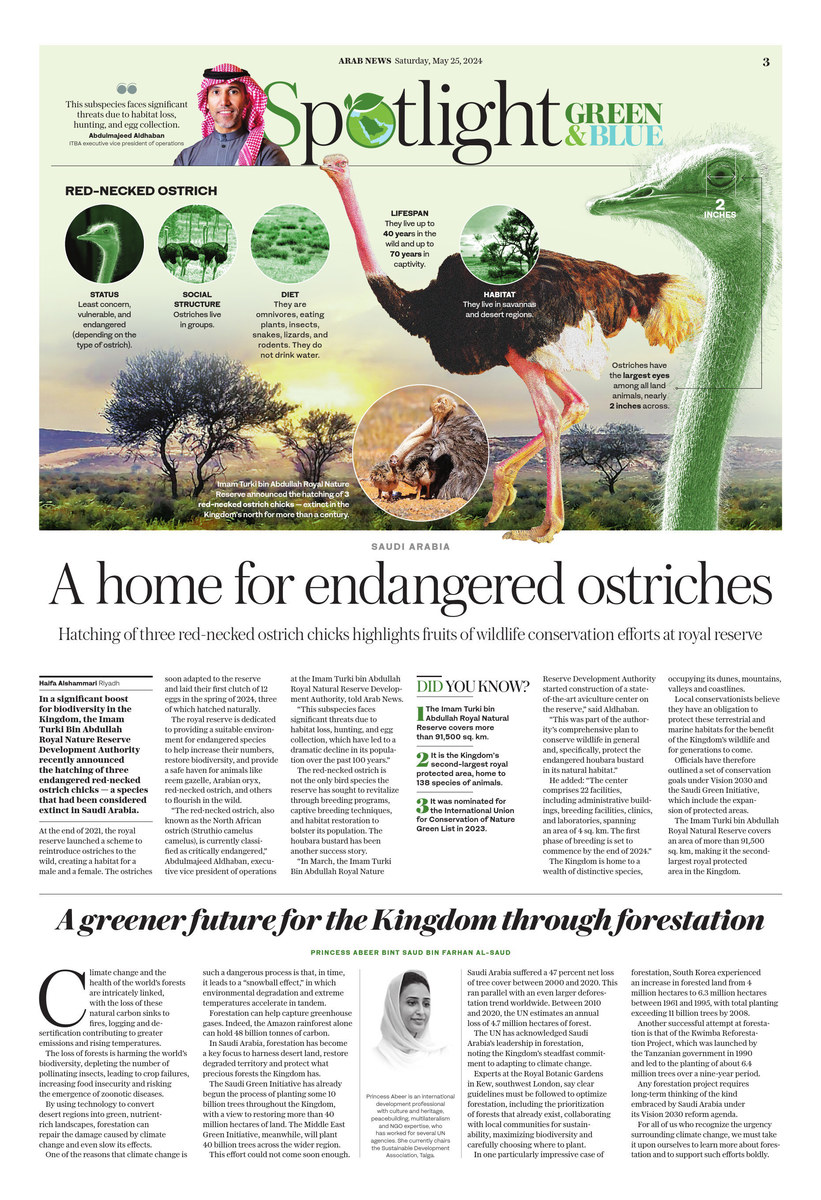
French president Macron meets with Arab delegation to discuss Gaza
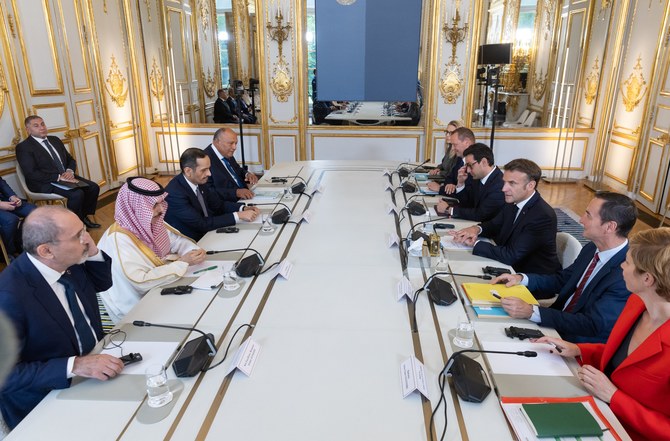
- The two ministers discussed Saudi-French relations
- Also discussed the situation in Gaza
PARIS: Saudi Arabia’s Minister of Foreign Affairs Prince Faisal bin Farhan headed an Arab ministerial delegation in a meeting with the French president Emmanuel Macron in Paris on Friday.
Prince Faisal was joined at the meeting by Qatari prime minister and foreign minister Sheikh Mohammed bin Abdul Rahman bin Jassim Al-Thani, his Jordanian counterpart Ayman Al-Safadi, and the Egyptian minister of foreign affairs Sameh Shoukry, Saudi Press Agency reported.
During the meeting, the situation in the Gaza Strip as a result of the ongoing Israeli aggression was discussed, as well as the need to intensify international efforts aimed at an immediate and complete ceasefire.
The two sides also talked about ensuring the protection of civilians and the delivery of adequate and sustainable humanitarian aid to all parts of Gaza.
They reiterated the need for an independent Palestinian state and for the international community to hold Israel accountable for its actions in the Palestinian territories.
During his trip to Paris, Prince Faisal also met with the French Minister of Europe and Foreign Affairs Stephane Sejourne on Friday.
During the meeting, the two ministers discussed Saudi-French relations and ways to enhance them and ways to improve coordination on various issues of mutual concern, Saudi Press Agency reported.
The two ministers also discussed the situation in Gaza and its surroundings and the need to deliver humanitarian assistance to the civilians in the enclave.
The meeting was also attended by Saudi Ambassador to France Fahd bin Mayouf Al-Ruwaili, the Foreign Minister's office director general Abdulrahman Al-Dawood, and ministry Advisor Manal Radwan.







